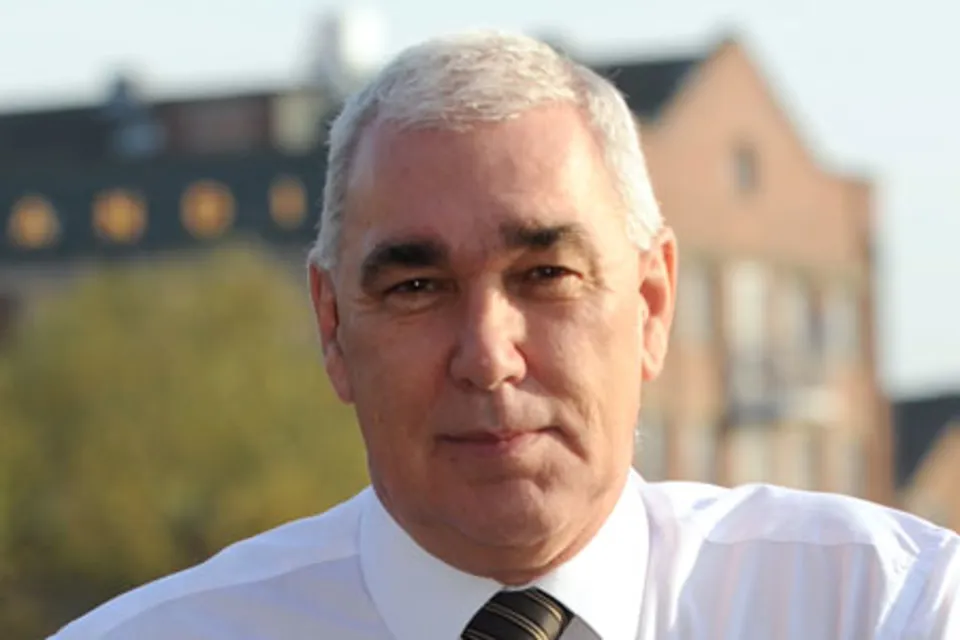Ford delivers the vehicles to a preferred supplier which fits the racking, ladder racks and other equipment, much of which is removed for a second life when the vehicle is de-fleeted.
Driver input into design and specification is encouraged; Wiseman believes it increases ownership which means they look after the vans better.
He also has around 10 pre-owned vans which tend to be around two years old when purchased and run for a further three years.
These low-mileage vehicles – less than 5,000 a year – are typically used by caretakers managing local authority properties.
Qualified training assessor
Everything is now managed in-house by the fleet team of three (Wiseman, a fleet controller and fleet admin) using an internal database, except accident management.
That was a step too far given all the other changes, although it is being kept under review.
The controller is a qualified assessor who carries out the driver training. Every employee undergoes a full three-hour on-the-road assessment before being allowed to drive.
The resultant high/medium/low risk score will see them take part in either a half- or full-day training course focusing on safety and environmentally-friendly driving.
The assessments are complemented by telematics; Yorkshire Housing has been running with this technology for the past five years, although the contract is up for renewal in the summer.
“The drivers want them for protection against fraudulent claims and the company wants them for out-of-hours use and start/finish times,” Wiseman says.
“For me it’s about speeding, driver behaviour, idling, excessive driving and scheduling.”
Last year he set the drivers a fuel efficiency target in the Transit of 37mpg. The average across the fleet has already risen from 33mpg to 35mpg.
At today’s diesel prices, a van travelling 10,000 miles a year would save £110 – that means £16,500 for 150 such vans.
Removing under-utilised vehicles
The telematics data has provided Wiseman with the business case to reduce the fleet size by 36 vehicles since he joined the company.
“The company had a thing for spare vans. They aren’t spare – you either need them or you don’t,” he says.
“Telematics enabled us to identify and remove the under-utilised vehicles.”
It has also helped with monitoring speed. Yorkshire Housing doesn’t install speed limiters – although it has looked at them – preferring instead to enforce the speed limit through the tracking system.
Any driver that breaks the speed limit is brought in for a chat.
“We have discussed speed limiters but the drivers don’t like them,” Wiseman says. “So I said to them ‘I won’t go down that route if you don’t go down the speeding route’. Their buy-in is pretty good.”

















Login to comment
Comments
No comments have been made yet.